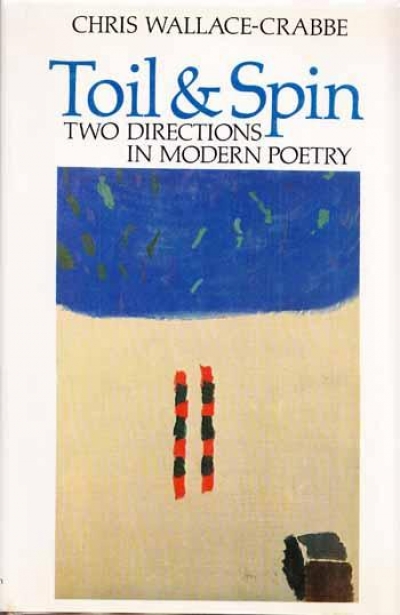Literary Criticism
Film | Theatre | Art | Opera | Music | Television | Festivals
Welcome to ABR Arts, home to some of Australia's best arts journalism. We review film, theatre, opera, music, television, art exhibitions – and more. To read ABR Arts articles in full, subscribe to ABR or take out an ABR Arts subscription. Both packages give full access to our arts reviews the moment they are published online and to our extensive arts archive.
Meanwhile, the ABR Arts e-newsletter, published every second Tuesday, will keep you up-to-date as to our recent arts reviews.
Recent reviews
Earth Is But a Star: Excursions through Science Fiction to the Far Future edited by Damien Broderick
by Sylvia Kelso •
English Prose Fiction 1158–1700: A Critical History by Paul Salzman
by Tim Nelson •
Toil and Spin: Two directions in modern poetry by Chris Wallace-Crabbe
by John McLaren •



